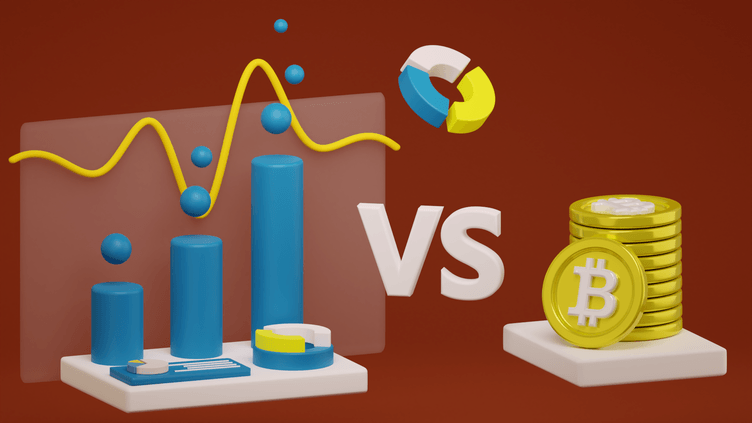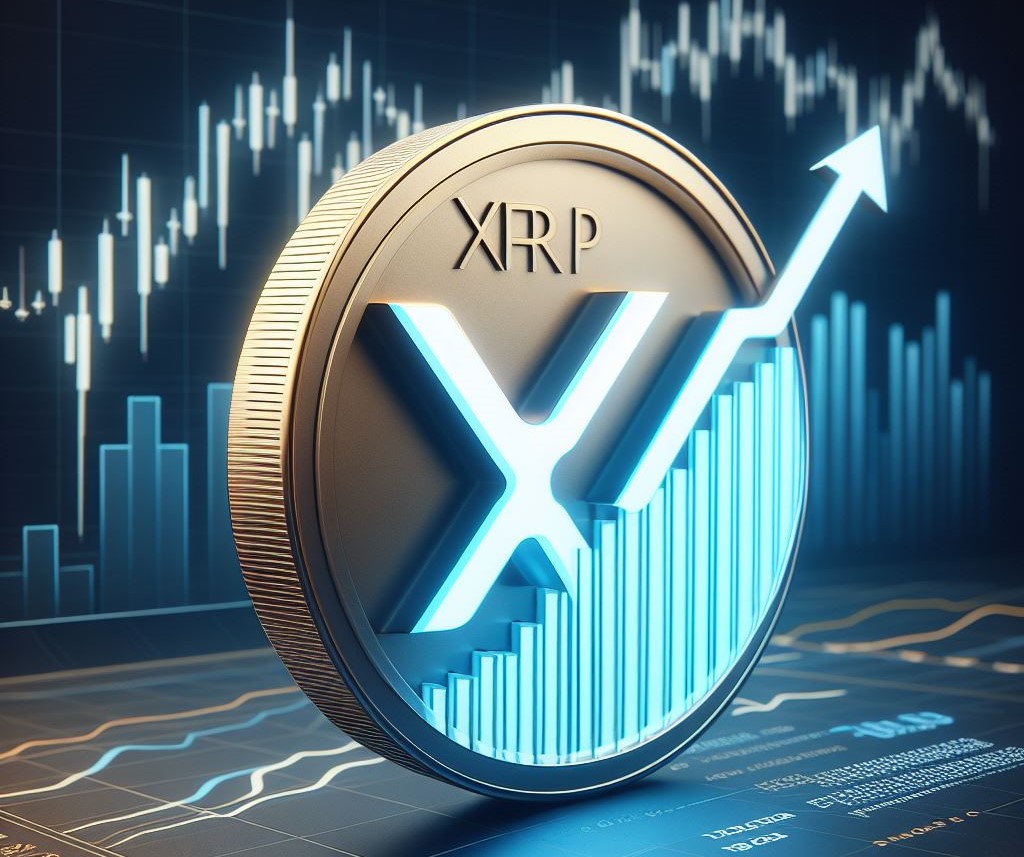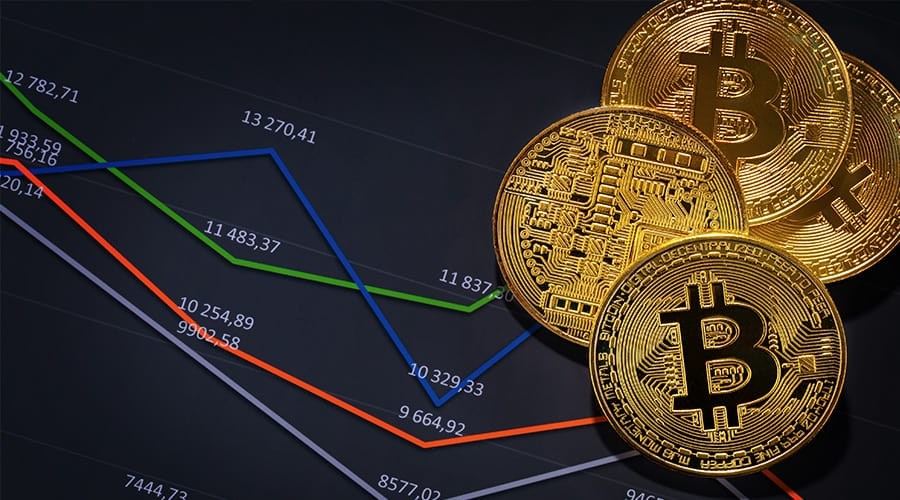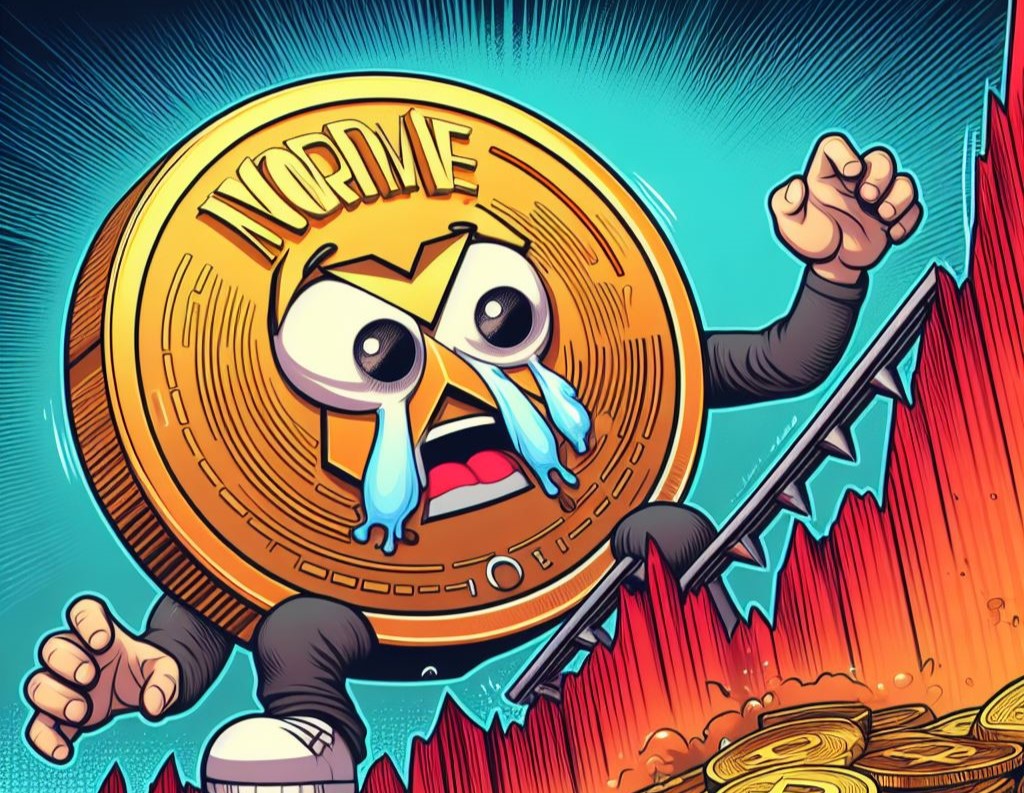Stock market understanding is essential for anyone interested in the financial environment, given its critical position in the global economy.
In essence, the stock market is a group of exchanges and other locations where shares of publicly traded corporations are purchased, sold, and issued. Numerous factors, such as supply and demand dynamics, investor mood, economic conditions, monetary policy, geopolitics, and regulatory changes, impact stock prices. These factors can affect stock values, reflecting both general economic trends and the health and financial stability of the listed companies.
The primary forces behind price changes in stocks are supply and demand. When there is a greater desire to purchase than sell stocks, the stock price rises (supply). On the other hand, if more people choose to sell a stock than acquire it, the price drops.
Stock prices are also very susceptible to investor mood changes, including market participants’ outlooks and expectations. Good news or robust earnings reports can cause positive sentiment, which raises prices, while lousy news might cause pessimistic sentiment, which lowers prices.
Economic factors affecting investor confidence and stock prices include GDP growth, inflation rates, and employment statistics. The appeal of stocks in comparison to other assets, such as bonds, is influenced by monetary policy, which includes interest rate adjustments by central banks. Uncertainty can be introduced by geopolitical events and legislative changes, which can cause stock market volatility. For example, trade restrictions and political conflicts can affect enterprises worldwide and their stock prices.
Understanding these elements lays the groundwork for understanding market fluctuations and possible relationships with other asset types, such as cryptocurrencies.
Correlation With Stock Market
The connection between stock markets and cryptocurrencies reveals a complex, evolving relationship.
Although early views of cryptocurrencies implied that they functioned independently of established financial systems, current patterns suggest that investor activity may unintentionally create a connection between the two. With the increasing acceptance of cryptocurrencies as real investment prospects, their prices started to move like stocks. The universality of factors impacting asset classes, including supply and demand dynamics, economic data, and investor mood, can be ascribed to this change.
Since cryptocurrencies have been incorporated into the more extensive financial system through products like exchange-traded funds connected to Bitcoin (BTC -1.00076%), the correlation has been considered stronger. It’s crucial to remember that the correlation is not a hard-and-fast rule and that it occasionally exhibits divergence, which is frequently exacerbated by the inherent volatility of cryptocurrencies. For example, substantial advancements in the crypto industry or regulation changes may cause price movements that differ from those observed in the stock market.
To comprehend the dynamics between various markets, investors need to weigh the consequences of these correlations and remember that, despite occasional alignment, the cryptocurrency market still has distinct features and risk profiles.
Notwithstanding sporadic price correlations, it’s critical to understand the unique features of cryptocurrencies and the stock market while examining their relationship.
The decentralized ledger technology is known as the blockchain powers Bitcoin, the original cryptocurrency. In contrast, trades on the stock market are consolidated and subject to specialized financial authority regulation. The performance and perceived value of publicly listed corporations are reflected in stock market pricing. On the other hand, a limited amount of 21 million bitcoins will ever exist, and its popularity as a digital asset will determine how much it is worth.
The market participants represent yet another important distinction. The public and institutional investors have historically controlled the stock market. Initially, people who were more tech-savvy and dubious of established banking institutions were drawn to Bitcoin. Institutional investors have been more interested in Bitcoin over time, but it is still a distinct entity with unique dynamics. For instance, company earnings reports and business cycles can impact the stock market. On the other hand, changes in network architecture, regulatory statements, or technological advancements can all significantly affect the price of bitcoin.
Additionally, whereas both markets react to macroeconomic events, how and to what extent can vary. Changes in interest rates, for instance, may impact consumer spending and company borrowing costs more directly and sharply than stock values. On the other hand, Bitcoin might respond more to modifications in legislative frameworks or advances in technology. These variations highlight how crucial it is for investors to comprehend the intrinsic differences and the sporadic correlations between how the stock market and Bitcoin behave and react to different stimuli.



